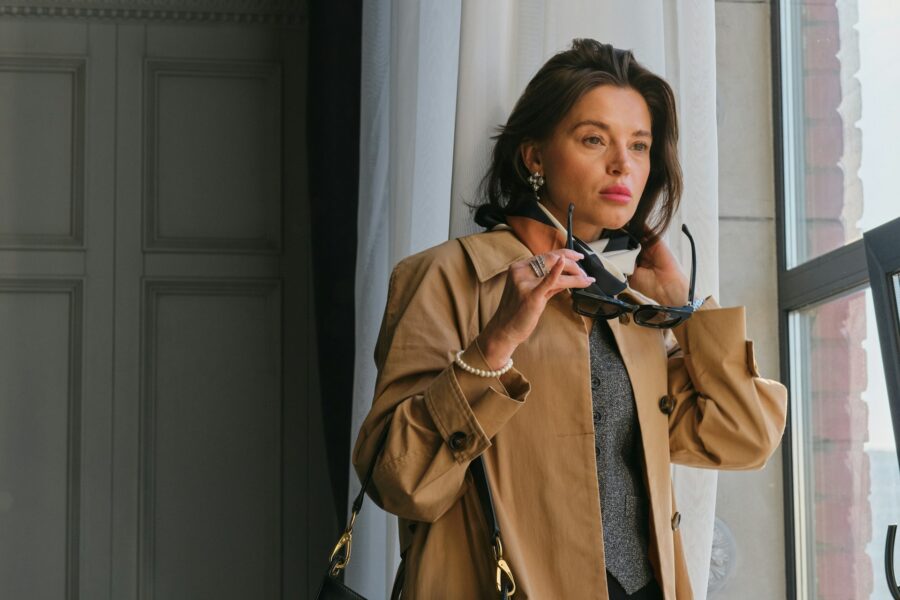Even the most casual things we say can shed a light on the things we’ve been through in life in some pretty surprising ways.
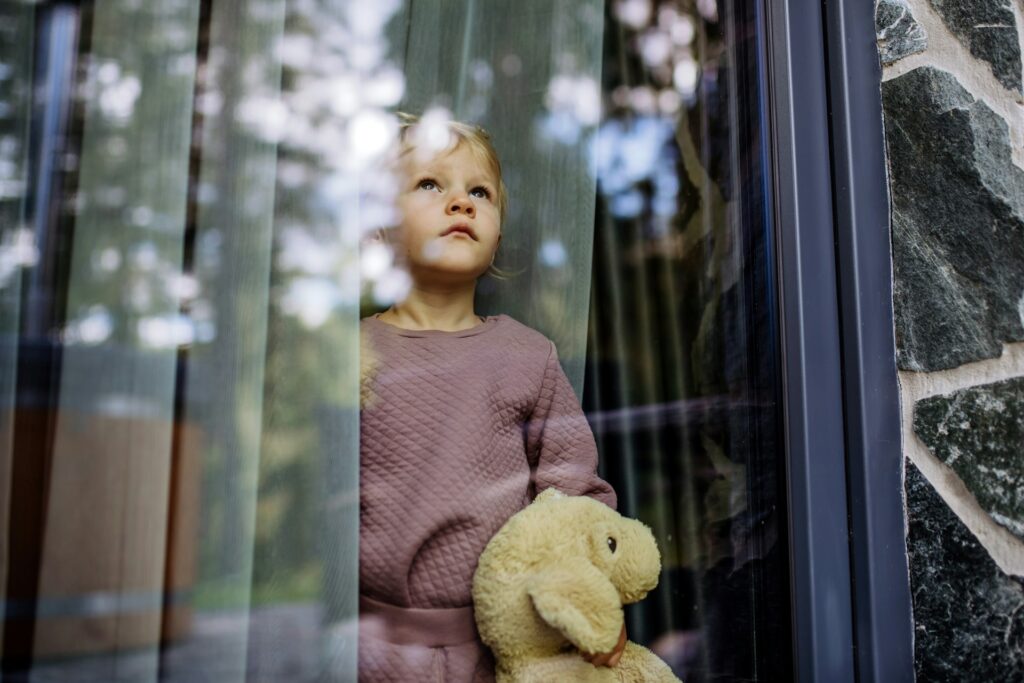
For instance, if you had a tough childhood, no matter how much therapy you’ve done or how much you’ve processed it, chances are many of those experiences have stayed with you. That’s even more likely to be the case if you haven’t confronted the pain your younger self went through. If you catch yourself using these phrases often, it might be a sign you’re carrying unprocessed childhood wounds.
1. “It wasn’t that bad, other people had it worse.”

Minimising your own experiences is one of the clearest signs you haven’t fully processed them. You tell yourself it wasn’t worth being upset over because someone else struggled more. The thing is, pain isn’t a competition. Acknowledging that your experiences hurt you without comparing them is a necessary step toward healing, not a sign you’re being dramatic.
2. “I’m fine, it’s not a big deal.”

When you constantly insist you’re fine, even when you’re clearly not, it’s often because you were taught early on that showing emotion wasn’t safe or welcome. Brushing off your own feelings becomes second nature. But over time, this habit creates emotional distance even from yourself, making real healing harder to reach.
3. “I just have really high standards for people.”
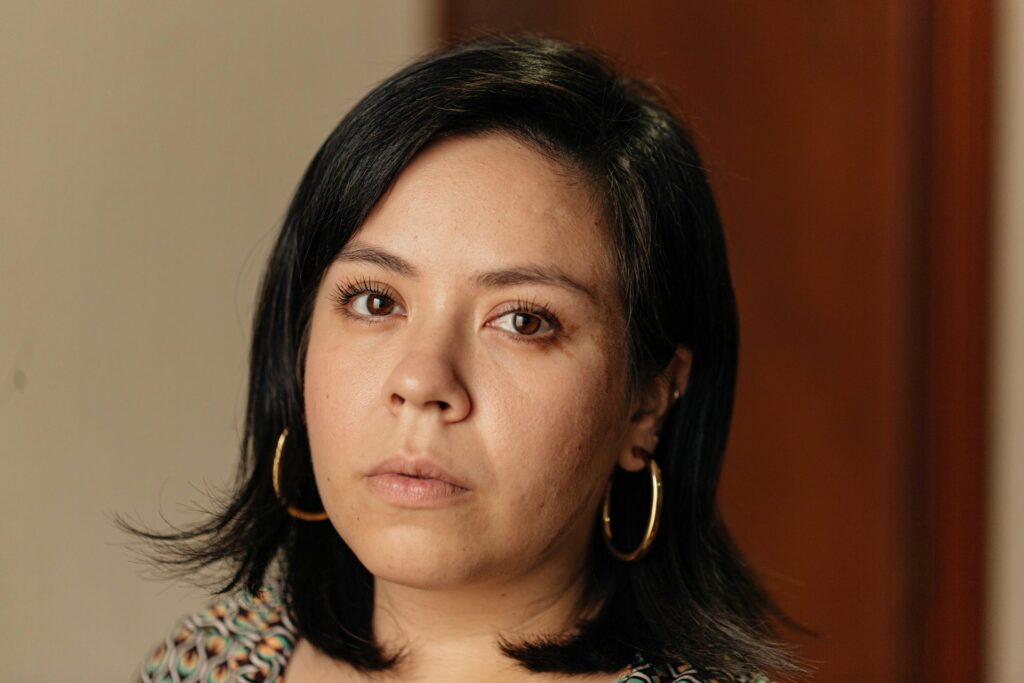
Setting high standards isn’t bad — until they become impossible for anyone to meet. Sometimes, this is a protective strategy to avoid being hurt, abandoned, or disappointed again. If you find yourself harshly judging everyone who gets close, it could be a way of keeping emotional safety walls high without even realising you’re doing it.
4. “I don’t need help. I can handle it myself.”

Radical independence often looks like strength, but it can be a survival mechanism from growing up where you couldn’t rely on anyone consistently. Refusing support isn’t always about capability. Sometimes it’s about fear — fear that trusting someone else means setting yourself up to be let down all over again.
5. “I don’t even remember most of my childhood.”

People often assume childhood amnesia is normal, but large gaps can actually point to trauma. Forgetting can be your mind’s way of protecting you from overwhelming memories. It’s not about deliberately hiding things from yourself — it’s about emotional survival. Of course, unexamined gaps can still quietly affect your adult relationships and reactions.
6. “If I want it done right, I have to do it myself.”
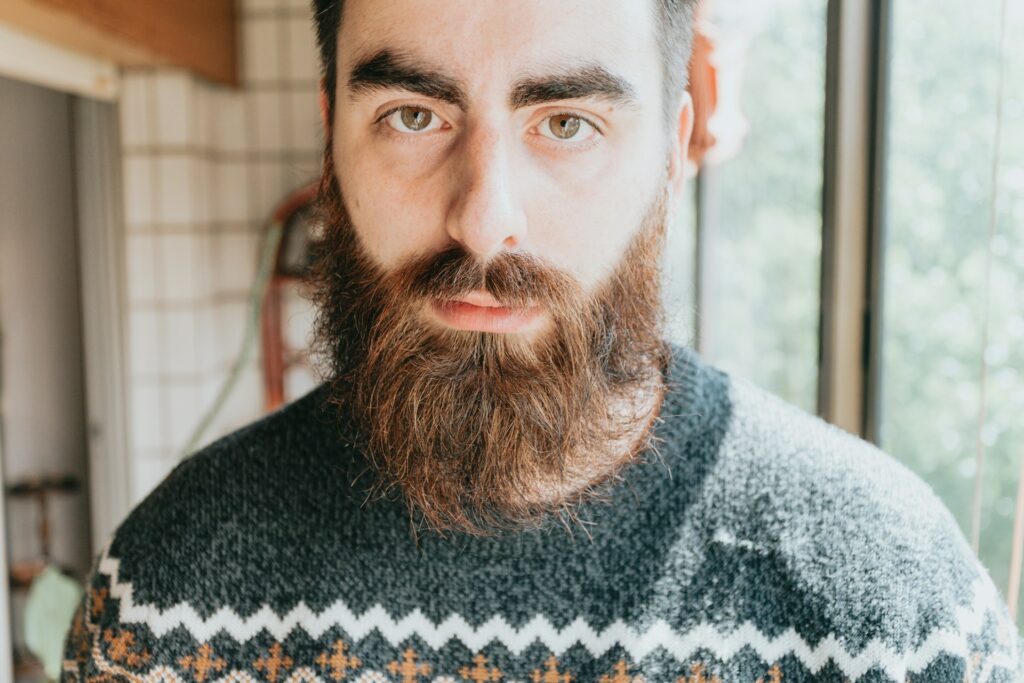
Trusting people to follow through is tough when you grew up learning that promises weren’t dependable. Doing everything yourself feels safer than risking disappointment. The thing is, carrying the whole load eventually leads to exhaustion and resentment. Learning how to let other people show up for you imperfectly is part of true healing.
7. “I just hate relying on anyone.”
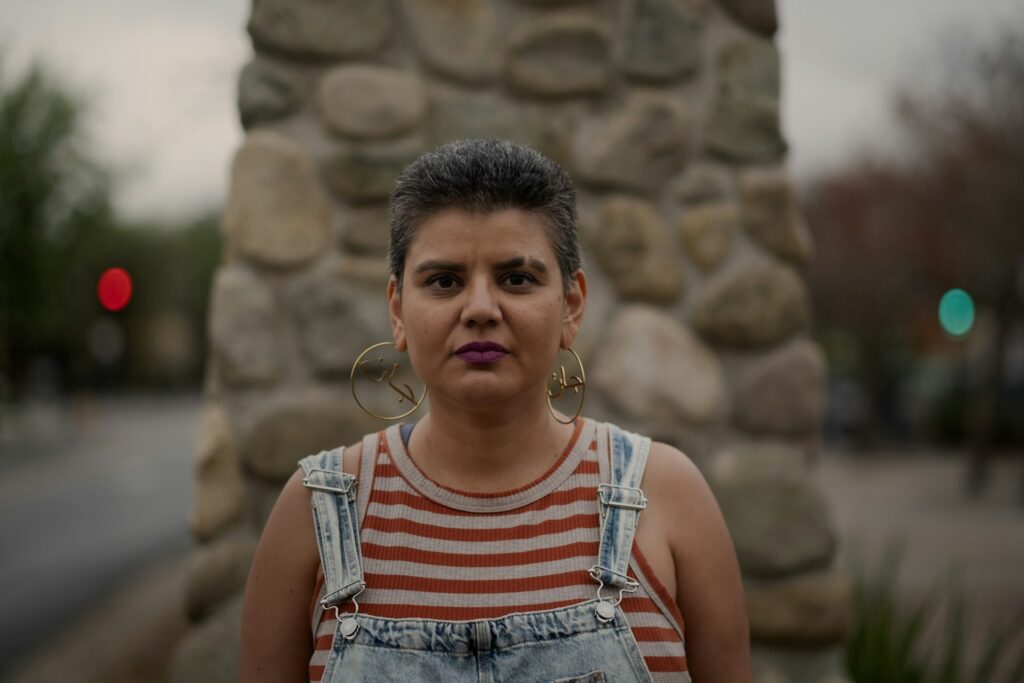
For a lot of people with unprocessed trauma, relying on someone else feels deeply vulnerable and unsafe. Trusting feels like handing someone a weapon they could later use against you. The thing is, connection requires risk. Recognising that not everyone will betray you the way some people did is a huge, often painful, but necessary change in how you relate to the world.
8. “It’s my fault, I should have known better.”

When something goes wrong and your first instinct is to blame yourself, that’s often an echo of a childhood where you were made responsible for things you couldn’t control. Self-blame creates the illusion of control, but it also keeps you trapped in shame that doesn’t belong to you. Healing means giving yourself the compassion you were missing back then.
9. “I don’t like talking about the past.”

Wanting to avoid painful memories isn’t surprising, but avoidance also keeps trauma frozen in place. Refusing to talk about the past doesn’t mean it’s gone; it just means it’s buried deeper. Healing often starts by gently telling the story you’ve been avoiding, not all at once, but piece by piece, in a way that feels safe and empowering.
10. “I just don’t really feel anything anymore.”

Emotional numbness is a common coping mechanism after childhood trauma. When feelings once felt dangerous or overwhelming, shutting down became a survival skill you learned young and unconsciously. Of course, numbness isn’t peace — it’s a protective freeze response. Reconnecting with emotions slowly, without judgment, is how you start thawing what’s been locked away for too long.
11. “I’m used to people leaving, it’s whatever.”

Casually saying you expect abandonment can sound tough on the surface, but underneath, it usually reveals deep hurt. If you expect people to leave, you rarely let yourself fully connect. Healing this wound means risking hope again — allowing some people to surprise you by staying, and learning that not everyone is here just to disappear on you.
12. “I know better than to trust people now.”
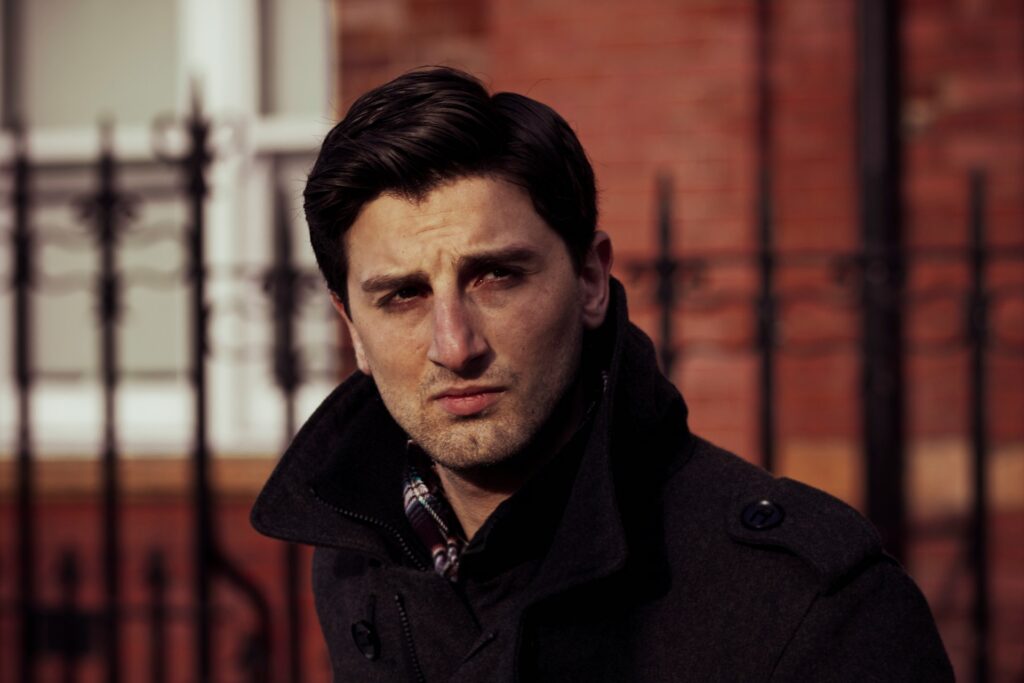
After being hurt, distrusting people feels protective, but cutting yourself off from connection only reinforces loneliness and fear, not true safety. Learning to trust again doesn’t mean ignoring red flags. It means trusting your ability to recognise safe people and letting some people in little by little, at your own pace.
13. “I hate feeling like I need anyone.”
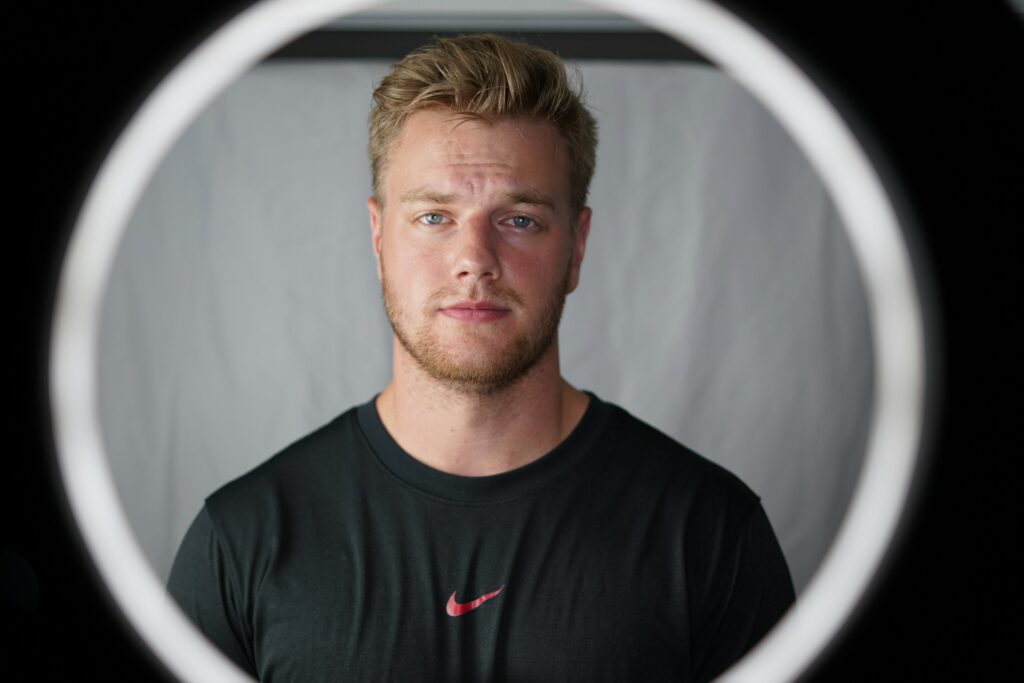
Needing other people can feel dangerous when your needs were neglected or used against you as a child. Admitting you need comfort, support, or connection can trigger deep shame or fear. The thing is, needing other people isn’t weakness — it’s human. Relearning that vulnerability doesn’t always lead to pain is one of the bravest steps toward healing you can take.
14. “I just want to be left alone.”

There’s nothing wrong with needing space. But if isolation is your go-to whenever you feel upset, it might be because you learned early that turning inward was safer than reaching out. Healing doesn’t mean forcing yourself to be social when you don’t want to be. It means creating safe relationships where retreat isn’t your only survival strategy anymore.
15. “I can’t handle it when people get mad at me.”
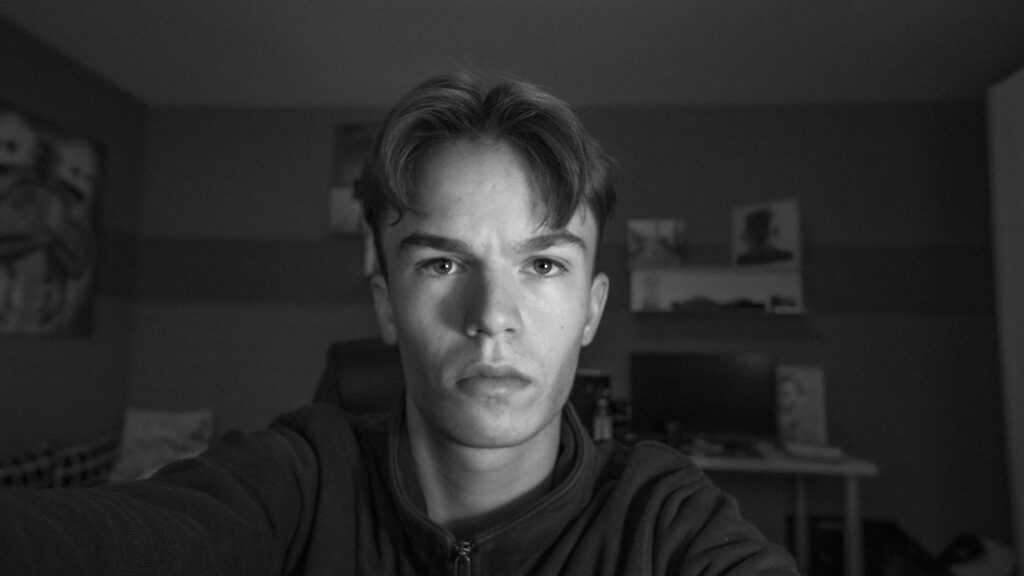
If anger, even healthy anger, makes you panic or shut down, it could be because conflict in childhood was unpredictable, scary, or dangerous. Now, any hint of anger feels like a threat. Learning to tolerate conflict without spiralling into fear is a skill. It starts by reminding yourself that disagreement doesn’t always mean rejection, and that anger can be handled with care and boundaries.
16. “I don’t even know what I’m feeling half the time.”

Childhood trauma often teaches kids to disconnect from their emotions just to survive. As an adult, you might feel lost when trying to name or understand your own feelings. Reconnecting with your emotional world takes patience. Labelling small emotions as they come up, even if you’re unsure, is one way to slowly rebuild the bridge back to yourself.
